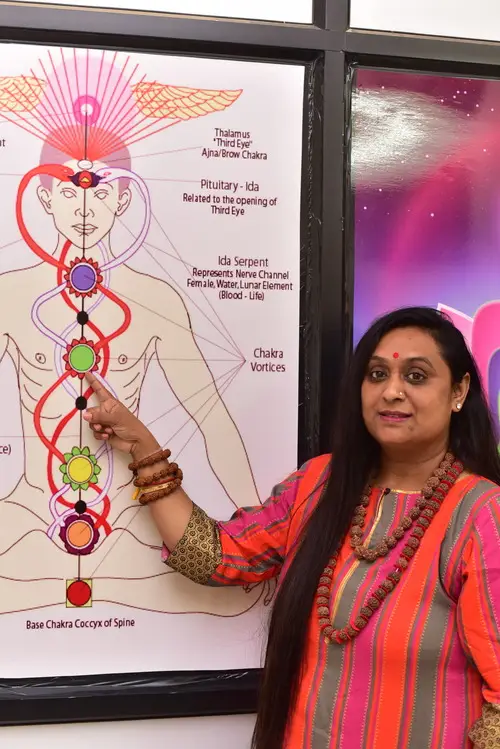


Reiki is a Japanese practise for energy healing. Dr. Mikao Usui developed the most widely used type of reiki today, also known as Usui reiki, in the early twentieth century. It’s a type of supplementary or alternative medicine.
The term “Reiki” refers to a “mystery environment” and a “miracle sign.” It is derived from the Japanese terms “rei,” which means “universal,” and “ki,” which means “living energy.” Reiki is an energy healing technique.
REIKI PRINCIPLE
Just for today, do not anger.
Just for today, do not worry.
Honor your parents, teachers, and elders.
Earn your living honestly.
Show gratitude to every living thing.

Reiki does not treat diseases or ailments directly. Instead, it’s utilised to help people control their symptoms and enhance their overall health. To bring about healing during a reiki session, the practitioner lays their hands directly on you or just above you. practitioner is thought to be able to activate your body’s innate healing mechanisms. Continue reading to discover more about reiki’s advantages and negative effects, as well as what to expect from a reiki session.
Energy may stagnate in the body where there has been physical harm or even mental suffering, according to practitioners. These energy blockages can lead to disease over time. In a similar way to acupuncture or acupressure, energy medicine seeks to improve the passage of energy and eliminate blockages. Reiki practitioners think that increasing the flow of energy around the body can help people relax, heal faster, and have less symptoms of sickness.
Health benefits of reiki
Copyright © 2025 Divine remedy Research Centre. All Right Reserved. Devloped By WebExpertInfoTech